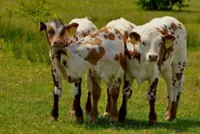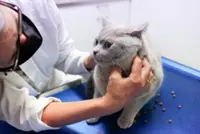Does my cat really understand what I'm saying? This is the question that every cat parent finds themselves asking at one time or another.
Don't be fooled by their blasé attitude, cats actually can understand our words. But only when they are spoken by their special human guardian, according to a new French study.





